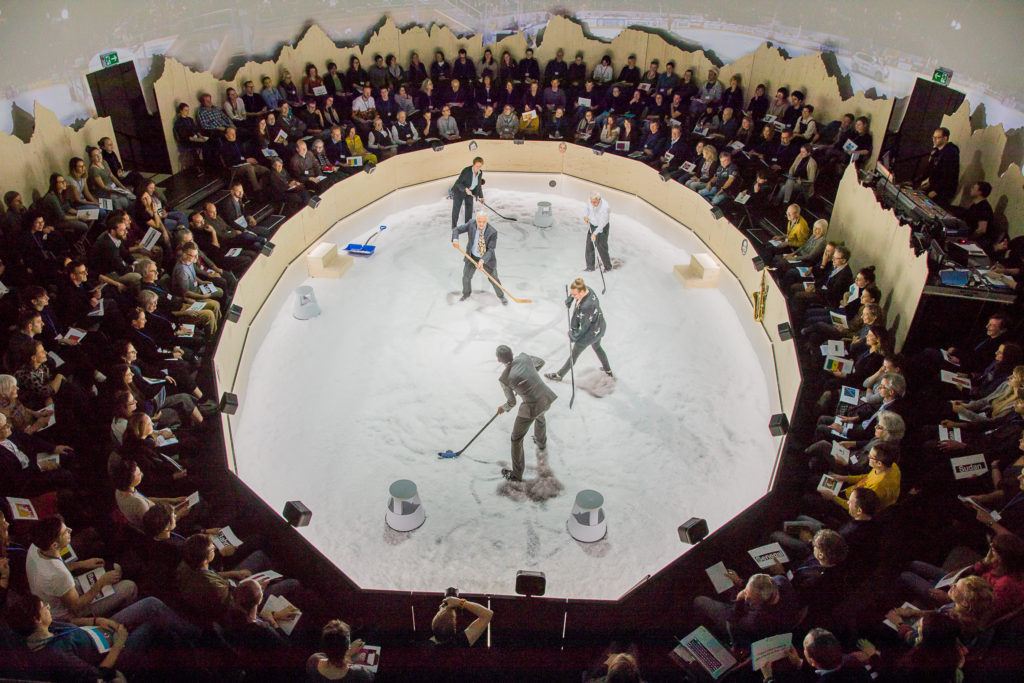[…] Is [democracy] mortal as humans are? If it was ever “born,” does it mean that it might also one day “die”? […] Does anyone know whether this day has already come, without anyone noticing it yet?
Political science gives us no answer to these questions. It never asks them either. Understandably so, since historical thinking in general, or more concretely, the ideas of an epochal closure, of a total openness of the future, or an irreducible contingency of historical events, are no longer its business. It is hard to ignore a certain cognitive logic behind the thesis on the end of history. It implies, necessarily, a clear idea of what is and what is not worth thinking about, which knowledge makes sense and is of some use to us, and which is useless and dispensable. Once the final end of history is proclaimed, no end of whatever sort can be of any essential interest for us. Even the question of a possible periodization within the post-historical time becomes negligible. What remains, is to properly arrange things within a finally determined order. To do so, however, a certain strain of knowledge is needed—not just anyone’s, but the knowledge of those whose thinking is more refined, those view on reality is more focused and conceptual tools better calibrated. In short, we need people who not only possess a superior knowledge but are also trained to properly use it. We call these people experts. Without their help we are dumb. Or, the other way round, relying on their knowledge makes us “clever”.
At least this is the thesis of the sociologist Anthony Giddens in Beyond Left and Right (Cambridge: Polity Press, 1994). In the time of what he calls “reflexive modernity,” individuals have to engage with the wider, globalized world if they want to act in, understand and even survive in it. They will be able to do it only if they routinely interpret and act on the information produced by experts. This is how knowledge becomes constitutive of social life, shapes our
